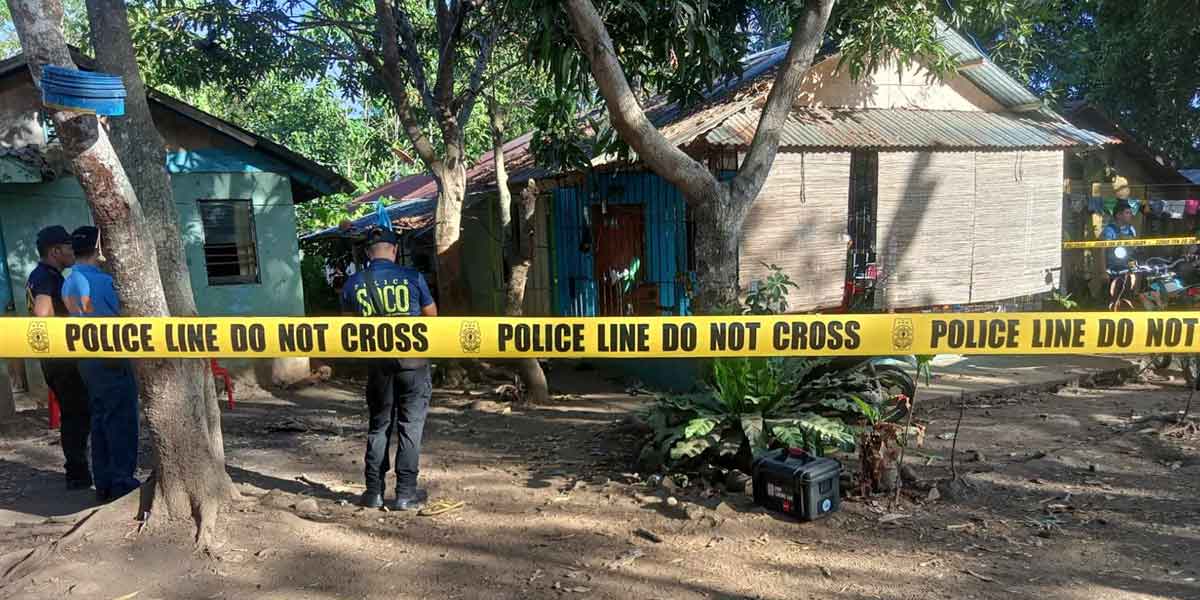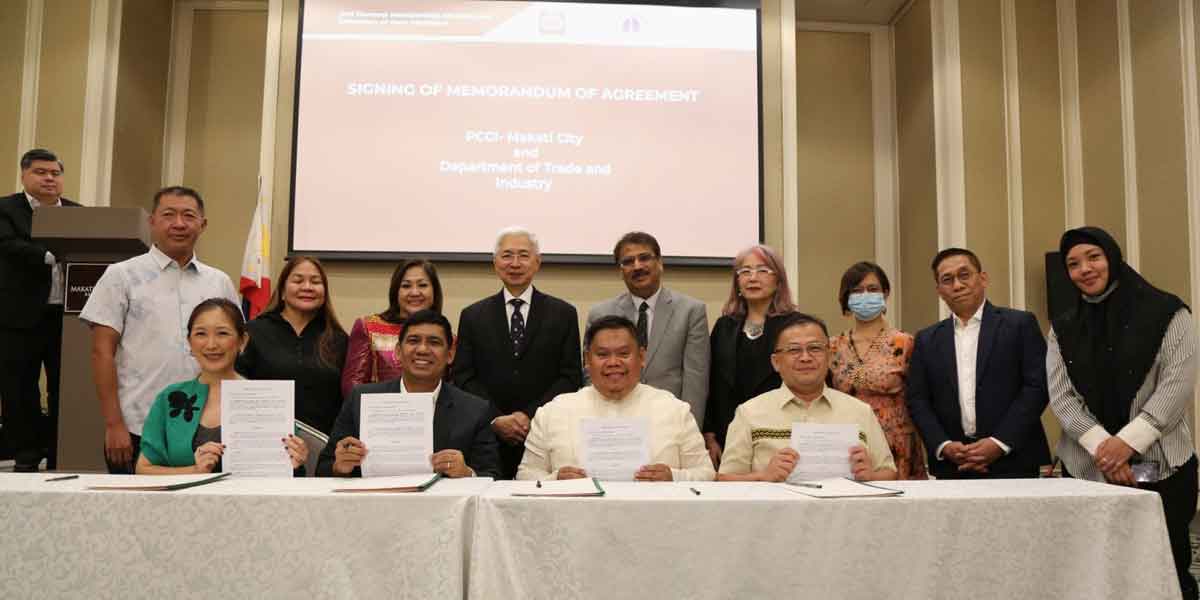By Herbert Vego
NOW that the House of Representatives has approved the Resolution of Both Houses 7 (RBH7) seeking to amend certain economic provisions in the 1987 Constitution, we may expect the Senate to do likewise for its parallel RBH-6 (an exact copy of RBH-7) with the “yes” votes of at least three fourths or 18 out of 24 senators.
They want us to believe that Charter change (Cha-cha) would spur foreign investments and consequently the rapid growth of our economy.
The resolution seeks to amend the 1987 Constitution through a Constitutional Convention (Con-Con) comprising 300 members from the legislative districts and different sectors. Another possibility would be for Congress to transform itself into a Constituent Assembly so that there would be no need for a Con-Con.
The proponents say that their motive is to ease the restrictive economic provisions of the existing Charter, notably the limits on foreign investments and the ban on foreign ownership of lands.
Selling real estates to foreigners, however, would be disastrous, since it would jack up land prices, disabling natives from buying affordable residential lots.
As regards allowing foreign ownership of business in our country, retired Supreme Court Associate Justice Antonio Carpio said before the Senate subcommittee on constitutional amendments and revision of codes, “There appears to be a lack of understanding by our national leaders of the extent of foreign ownership, under the law, of businesses in our country.”
Carpio questioned the accuracy of a statement by President Ferdinand “Bongbong” Marcos Jr., stressing that he would like to open the economy to foreign investments “except in critical areas such as power generation.”
Carpio could not agree because “power generation from coal, oil, and gas plants has been open to 100 percent foreign ownership for the longest time.”
Under Republic Act 10641, local banks are open to 100 percent foreign ownership.
The generation of renewable energy — for example solar and wind – has already been open to 100 percent foreign ownership under the Department of Energy circular amending the implementing rules and regulations of RA 9513.
Moreover, in March 2022, then President Rodrigo Duterte signed into law Republic Act No. 11659, which amended the Public Service Act (PSA), allowing up to 100 percent foreign ownership of public services in the country.
If big foreign businessmen were really interested in investing millions or billions of dollars in the Philippines, they would have done so already, taking into account the foreign travels of President Marcos aimed at attracting foreign investments.
Oh, well, there have been “billions,” but only in pledges, pang-consuelo de bobo.
I am inclined to believe House Deputy Minority Leader France Castro, who said that the hidden motive of proponents aching to dance the “Cha-cha” is to abolish the term limits of elective officials.
Worse, Cha-cha could abolish Article II, Sec. 26 — the anti-dynasty provision of the Constitution – which lawmakers have intentionally ignored: “The State shall guarantee equal access to opportunities for public service, and prohibit political dynasties as may be defined by law.”
Sad to say, political dynasties have already grown by leaps and bounds, and we know they have failed to move their constituents out of poverty.
-oOo-
‘OCTOPUS CONNECTION’ STILL A PROBLEM
AS the last week of March (Fire Prevention Month) unfolds, we shake our heads on the realization that fires still occur daily in different parts of the Philippines.
In Iloilo City, the Bureau of Fire Protection (BFP) has vaguely identified some fires as “electrical in nature.”
In one of our interviews, Engr. Bailey del Castillo — MORE Power’s vice president for network development and operations – warned against “octopus connection”.
In electrical parlance, octopus connection refers to extension cords simultaneously plugged into a power outlet, thus casting an image of an octopus. It may cause overheating, which could trigger fire or any other electrical-related accident.
Each household has a predetermined load limit. Exceeding that limit, as in tapping a neighbor’s power line, could cause fire.
Where homes are not legally connected to the power-distribution utility, homeowners resort to stealing electricity through “jumpers”; or tapping a neighbor’s outlet, resulting in overloading.
In response, MORE Power has exhausted efforts to convince them through media and personal interactions to legally connect.
Then, too, even legal connections may go haywire, increasing the risk of fire, whenever paying consumers try to cheat by tampering with electric meters.
Their hard-headedness has spoiled the joint campaign of the Iloilo City government, the Bureau of Fire Protection and MORE Power for “zero fire”.
Fire-prevention extends to turning off appliances when no longer in use, or switching off the main switch.





















